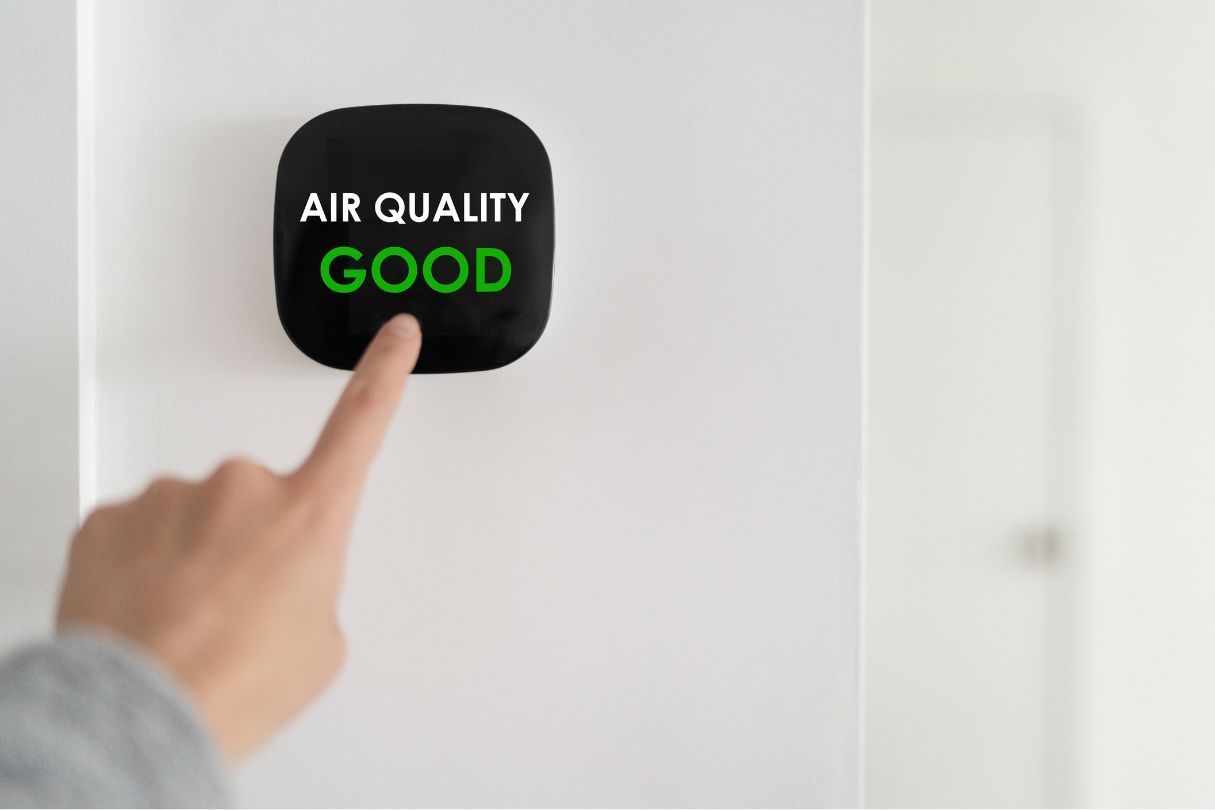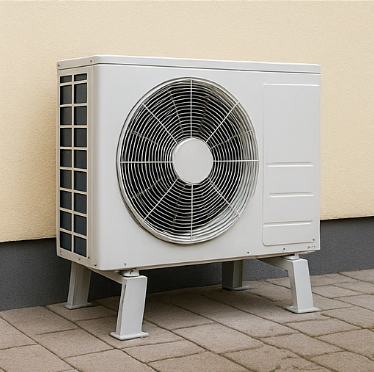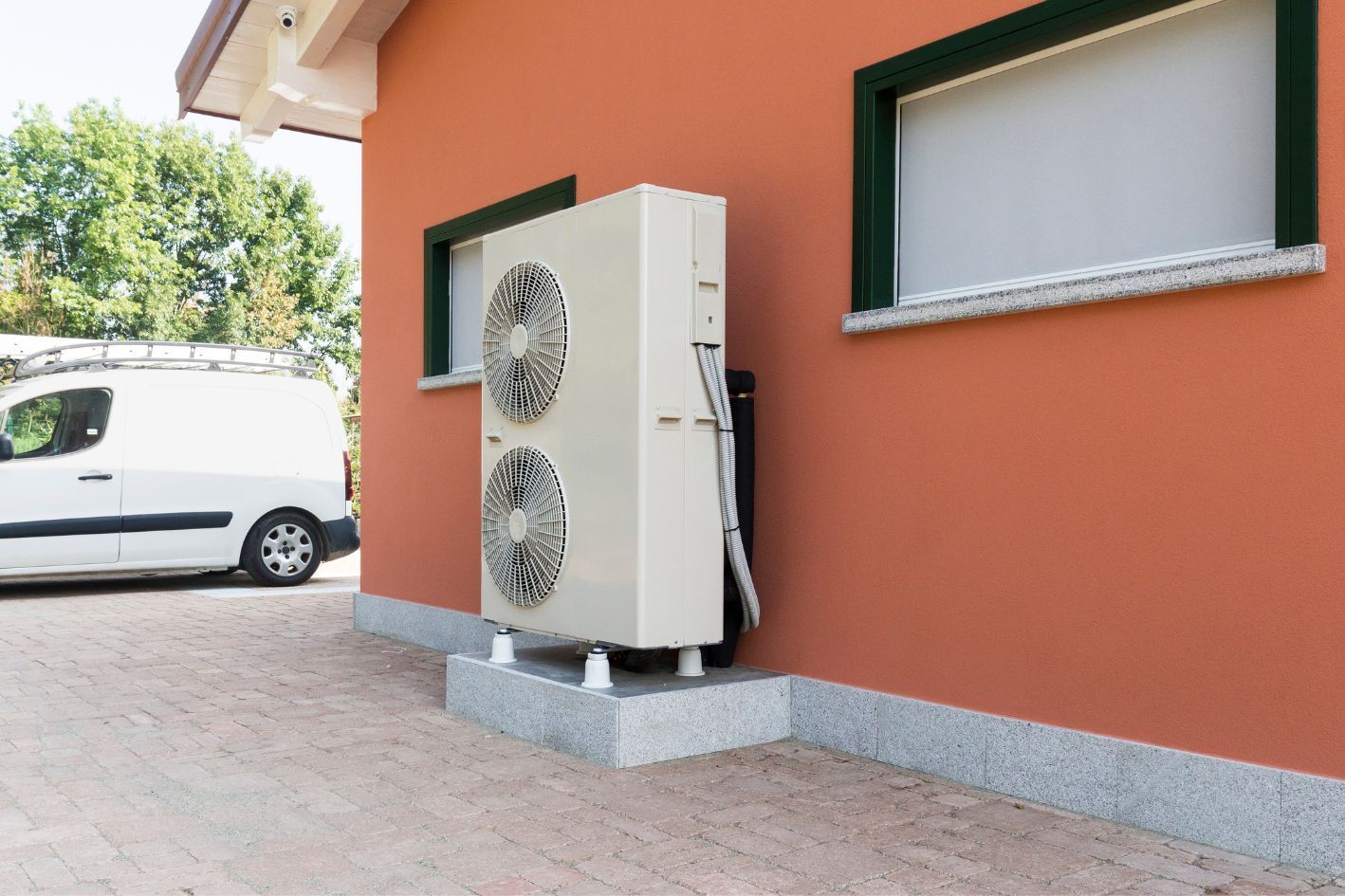Improving Air Quality With Your Heat Pump Or Boiler
Improving Indoor Air Quality

The air quality in your home has a significant impact on your health and wellbeing. Your boiler or heat pump can play a bit part in the air you breathe, influencing things like humidity, ventilation, and pollution levels. In this blog post, we'll have a look at how to improve air quality in your home by utilising your boiler or heat pump. We will put emphasis on important techniques and maintenance that promotes a healthier indoor environment.
Understanding Indoor Air Quality
Dust, allergies, pollutants, and humidity levels can all impact the cleanliness of your home's air.
Poor indoor air quality can lead to respiratory
illness,
allergies, and
discomfort, emphasising the need of keeping a clean indoor environment.
Humidity Control and Ventilation
Regulating and
ventilating humidity is very important for promoting healthy indoor air quality. Your boiler or heat pump can help
regulate humidity levels by providing
heating and
cooling as required. Proper ventilation, such as opening
windows or using exhaust
fans, may assist in removing stale air and bring fresh outdoor air into your home.
Air Filtration
Boilers and heat pumps can
benefit from air
filters and purification systems that remove particles and pollutants. HEPA filters can
trap dust, pollen, and other allergens, whilst UV air purifiers can assist in
destroying germs, viruses, and mould spores, leading to cleaner, healthier indoor air.
Inspect And Maintain
Maintaining your boiler or heat pump on a regular basis ensures optimal performance and air quality. Remember to schedule yearly inspections and tune-ups with a professional to look for any problems with your system, clean or replace air filters as needed, and repair any leaks or malfunctions that might impact indoor air quality.
Tips For Improving Air Quality
- Frequently sweep, mop and dust surfaces to reduce dust build up in the air.
- To reduce indoor pollution, avoid smoking indoors and ensure you are using non-toxic cleaning products.
- Think about adding houseplants to your home in order to help purify the air and eliminate toxins.
- Purchase a hygrometer to monitor the levels of humidity and ensure they remain within the acceptable range for comfort and health.
Improving indoor air quality with a boiler or heat pump is crucial for maintaining a healthy and comfortable living environment for you and your family. Using safety measures such as humidity control, ventilation, air filtration, and regular maintenance can help you improve the quality of the air you breathe and promote general well-being in your house. With your boiler or heat pump, ensure you are making the effort to clean your indoor space, resulting in a healthier and more breathable living area for years to come.











